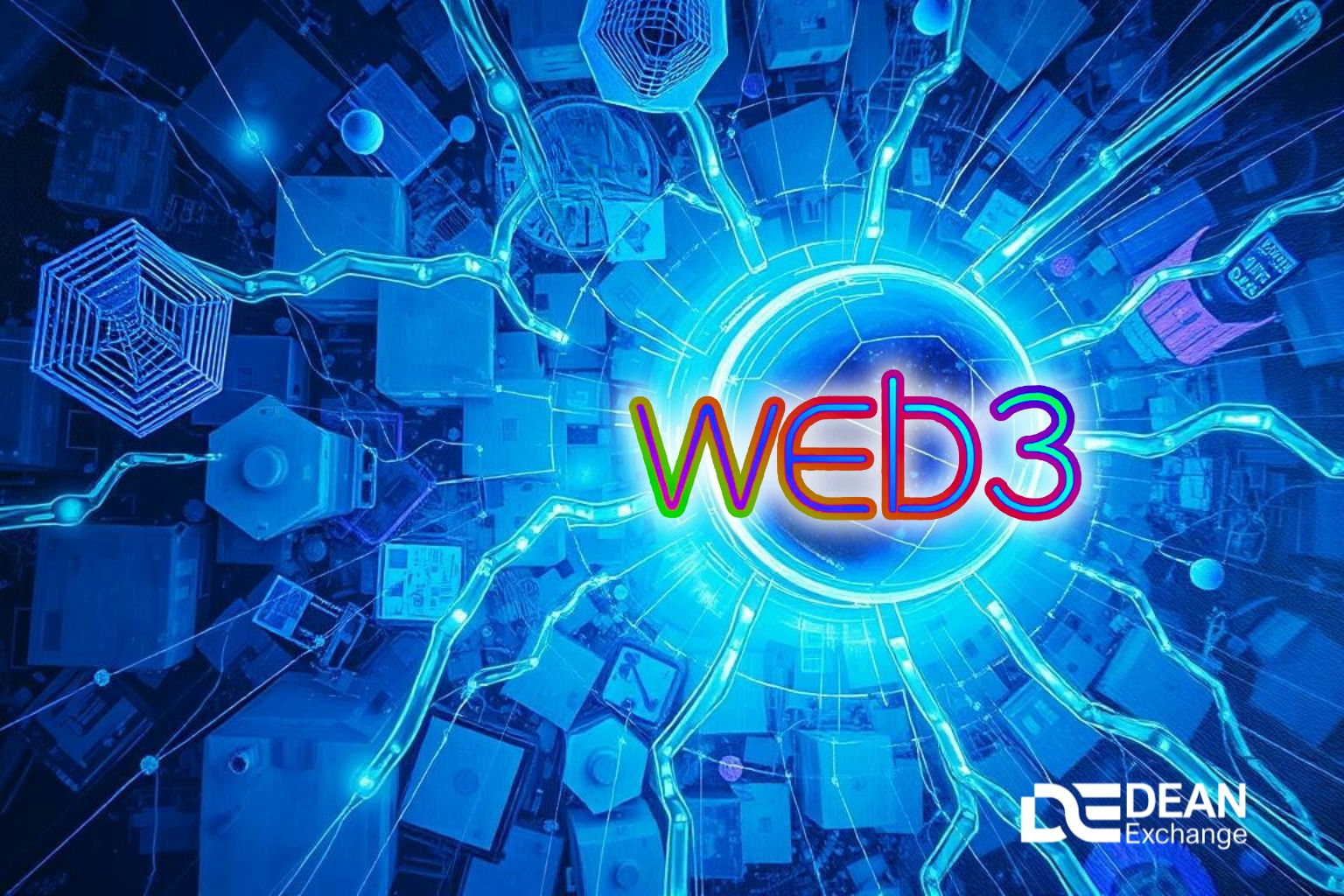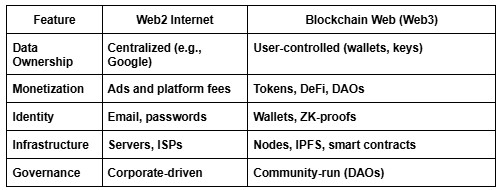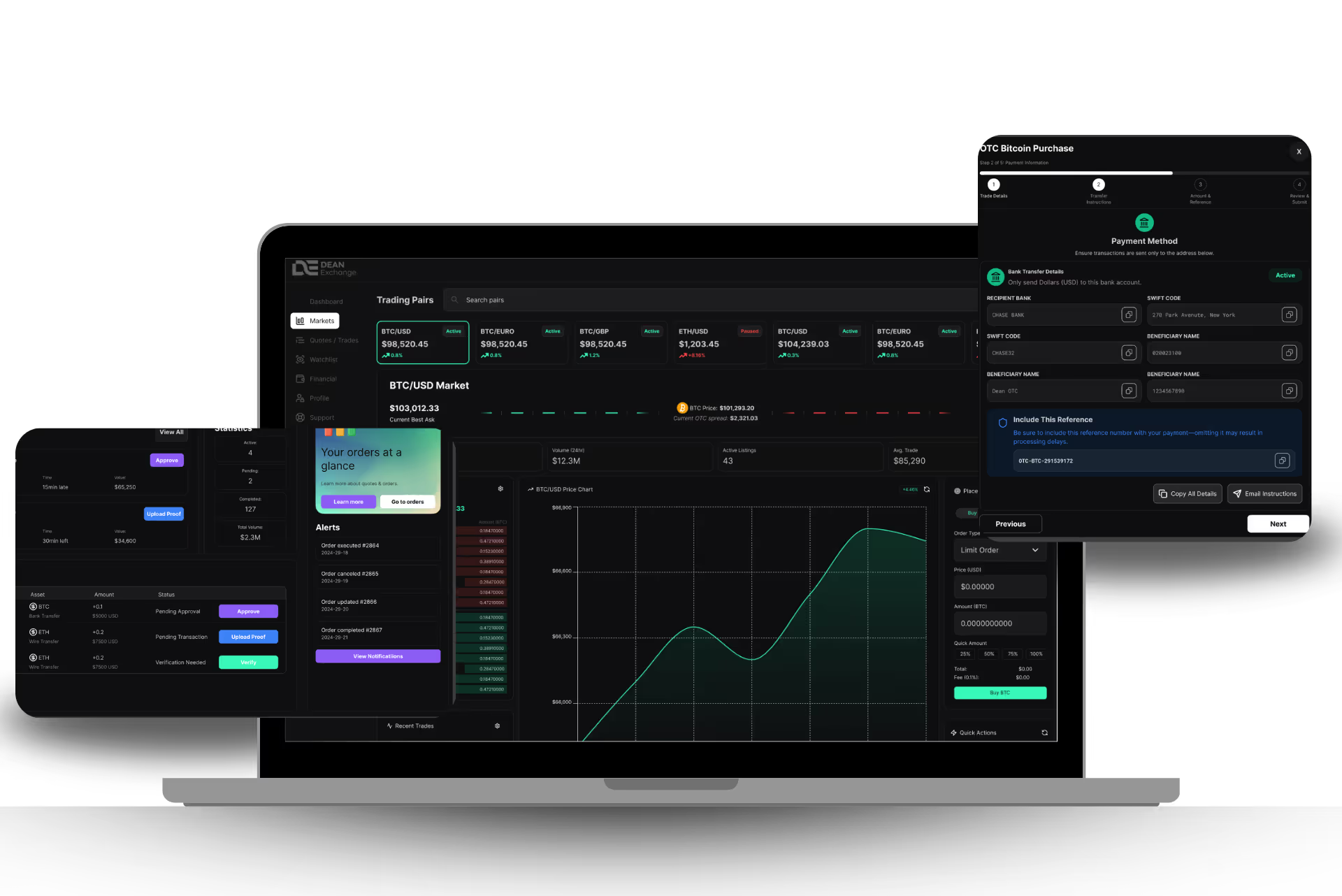By the
This is some text inside of a div block.
This is some text inside of a div block.
•
5
min read

The internet has fundamentally changed how we communicate, transact, and share information. But as concerns around privacy, control, and data monopolies grow, a new question emerges: could blockchain usher in a new era of the internet? In this article, we explore the evolution from Web2 to Web3, and whether blockchain technology is building an internet where power shifts from corporations back to users.
The Internet Today (Web2) The internet as we know it—commonly called Web2—is driven by centralized platforms that serve content, manage user data, and connect people worldwide. Giants like Google, Meta, and Amazon dominate much of the infrastructure and profit models. While efficient and globally accessible, this system has some critical flaws:
Despite these issues, Web2 remains fast, convenient, and highly adopted. However, it lacks transparency and user agency.
The Blockchain-Powered Web (Web3) Enter Web3—a term representing the internet built on blockchain technology. Web3 leverages decentralization, cryptography, and smart contracts to provide a new framework for online interaction.
This emerging model promises transparency, autonomy, and resilience.
Web2 vs Web3: Key Differences

Will Blockchain Replace the Internet? Not exactly. Blockchain doesn’t replace the internet’s core transport layer—it augments it. You still need the internet to access blockchain data, but blockchain introduces a new trust layer that removes the need for centralized control.
The blockchain-powered web allows people to store data, transact, and communicate in ways that don't depend on intermediaries. It may not be a replacement, but it represents a massive evolution in how we use and experience the internet.
Real-World Web3 Use Cases Several Web3 projects demonstrate how blockchain changes key aspects of the internet:
The Role of AI in the Next Internet Blockchain alone isn’t enough to build the next internet—AI plays a complementary role. AI can enhance smart contracts, automate governance, and optimize decentralized infrastructure. Together, blockchain and AI enable:
Dean Exchange Insight Understanding how the future internet works requires foundational knowledge in blockchain and how it merges with AI. Dean Exchange offers structured learning designed to demystify these technologies:
Final Thoughts Will blockchain replace the internet? No—but it will radically transform how we interact with it. Just as the internet shifted from static pages (Web1) to interactive platforms (Web2), Web3 is redefining the very notion of trust, identity, and ownership online.
The new internet is being built right now. If you're ready to understand it and help shape it, start your journey with Dean Exchange. Learn the tech, join the movement, and be part of the Web3 future.


Join our newsletter for exclusive insights, breaking crypto trends, and learning opportunities—delivered straight to your inbox.